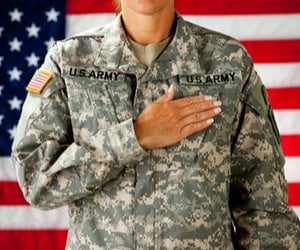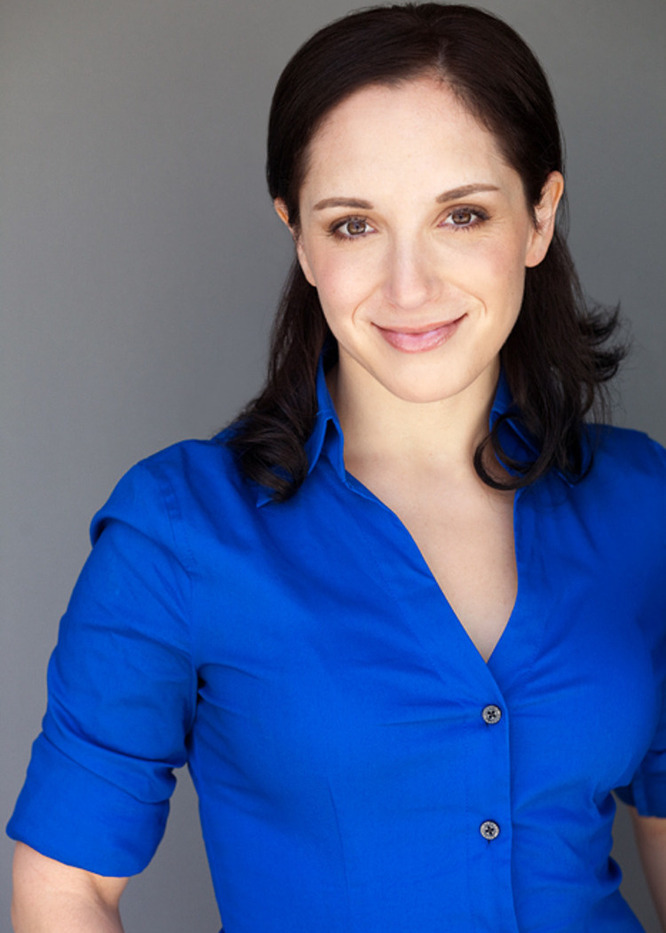Last Updated on June 26, 2022 by Laura Turner
Some people know what they want to do with their lives from an early age. Others, like Army general dentist Captain Pamela Cotton, DDS., take a rather twisty path to get there.
Cotton majored in engineering in college, a far cry from her current profession of dentistry. But the real-life experience of her first career quickly fell short. “I worked for a few years as an engineer, and it was nice, I liked it, but it was still the same as sitting behind a desk. I didn’t get to work with a lot of people,” she explained to SDN last fall at the University of California Davis Pre-Health Conference (UCDPHC). “So I decided to go back to school.”
Her first instinct was to go to medical school. “Then I started looking at the reality of it, and realized the time it would take to finish medical school and residency… and then when I job shadowed, and saw the hours that a lot of people worked, it hit me that this maybe wasn’t really what I wanted to do,” she said. “Then I thought, well, maybe I want to go to art school, because I’m really good at drawing and painting and things… but ’ll probably end up making less money, and then have to go back to school for something else.”
When the answer hit her, it seemed so obvious: dentistry. The field combined everything she was looking for. “There’s a reason they call it the art and science of dentistry,” Cotton said. “You’re able to work with your hands all day all day long – a little like an art project – but then you actually get to fix someone and help people at the same time.”
Graduating dental school became the goal, but for a creative thinker like Cotton, the soul-searching didn’t end there. Looking for a way to finance her education, she discovered that the United States government would help with tuition if she joined the Army. Born and raised in a small town, she already had “warm and fuzzy” feelings about the military, and felt this option was a perfect fit.
And indeed it was. Along with her clinical dentistry work, Cotton feels so positively about her experience with the Army that she became part of the Medical Recruiting Brigade, speaking to potential candidates about the Army dentistry option. Often, this means quelling fears about having to endure grueling basic training.
“Medical professionals attend what’s called Basic Officer Leadership Course, or BOLC,” Cotton said. “They teach you so many things about the Army, make sure you know how to wear the uniform and understand military customs as well as understand the Army Medical Department. It’s more like a professional course.” (She does admit that push-ups are involved. “It’s in a very organized way, though, not “drop and give me 20,” but rather “this is how you do an Army push-up.”)
As for life after training, Cotton described a typical day as an Army dentist. “You’re working a 7 to 4 schedule, or 7:30 to 4:30, depending on which clinic you’re in, seeing patients usually blocked off by the hour. You usually have the flexibility to design your schedule around the kind of dentistry you like to practice. Some people like to do a lot of operative, or some people may want to do more oral surgery, so they book their patients a little bit differently,” she said. “For the most part, it’s very similar to what you’d be doing in the civilian world, but being in the Army gives you a few extra responsibilities. You’re also performing as an officer, so you need to be able to pass your physical fitness test, and do additional training so that you know what’s new and current in the Army.”
If this sounds like something you’d be interested in doing, Cotton warns there’s an important caveat. If you become an Army dentist, “You’re a dentist and an officer and a soldier.”
This means that first and foremost, you’ll be serving your country. While Cotton has never had to deploy or serve overseas, she has to be ready for that to happen at any time. “When you raise your hand and give the oath of office, you’re saying that you’ll defend the country. That’s one piece of it, too. Because we need dentists to go deploy, to treat any dental emergencies that happen to our soldiers over there.”
The responsibilities during deployment may also extend beyond teeth. “Whenever dentists are deployed, they also work as triage officers if there’s a mass casualty … so we’re actually trained in a lot of additional things, even beyond what we learned in dental school.” she said.
Reflecting on her life’s path, Cotton has no regrets. “I talk to my dental school friends who didn’t do the Army, and we always compare what our lives are like,” she said. “A lot of my friends in the civilian world have to think about whether the patient has money to pay for the treatment plan, what the insurance will allow, and other things. But I just get to do whatever treatment plan I make for my patients. So, no matter how simple or complex it is, as long as it is what my patient wants, they get to do it, because they get free dental care as part of their benefit of serving their country. I get to practice dentistry the way it was taught in dental school – the patient gets to have the best treatment no matter who they are.”
It’s a far cry from art school, but it certainly seems like Cotton has found her calling.
Suzanne Barston is a Chicago-based writer and journalist specializing in the areas of healthcare and science.


